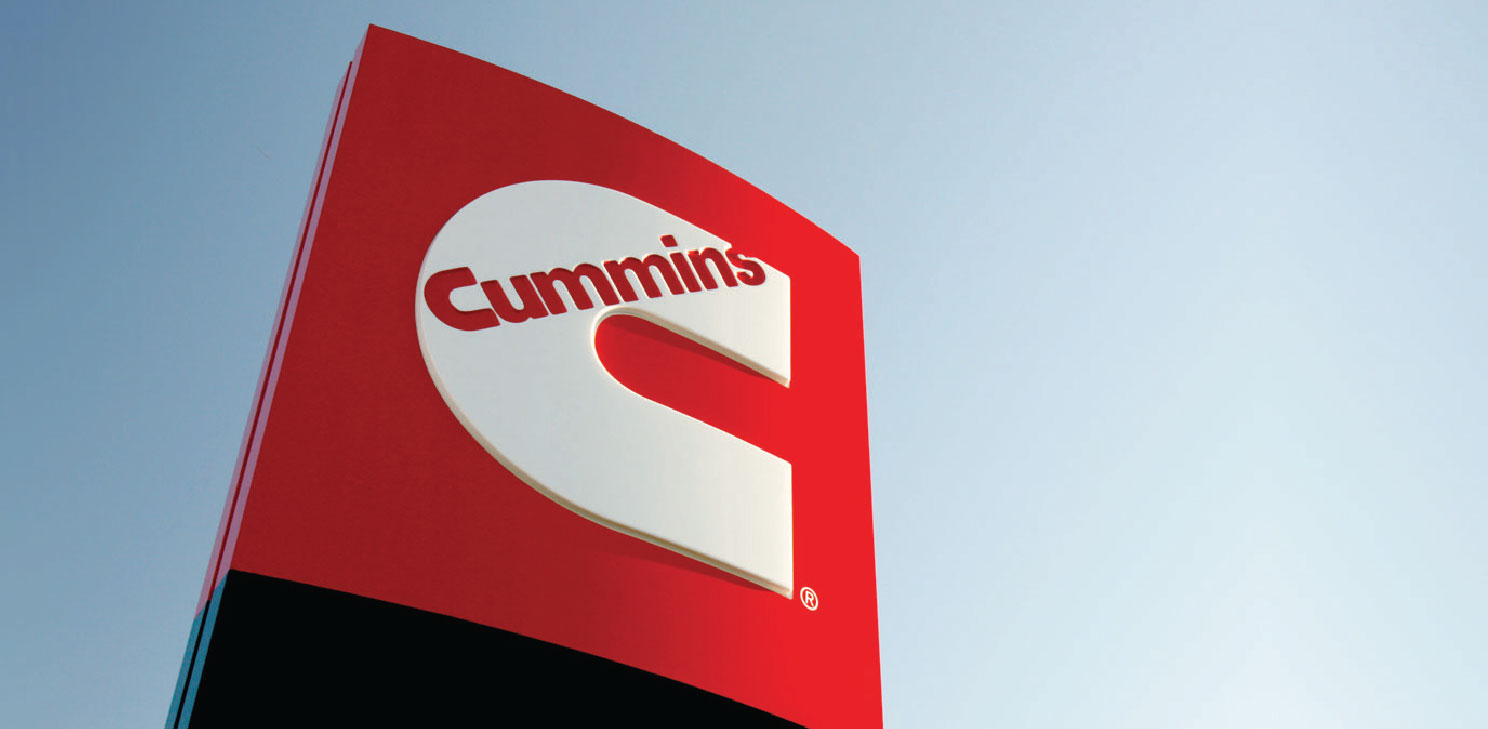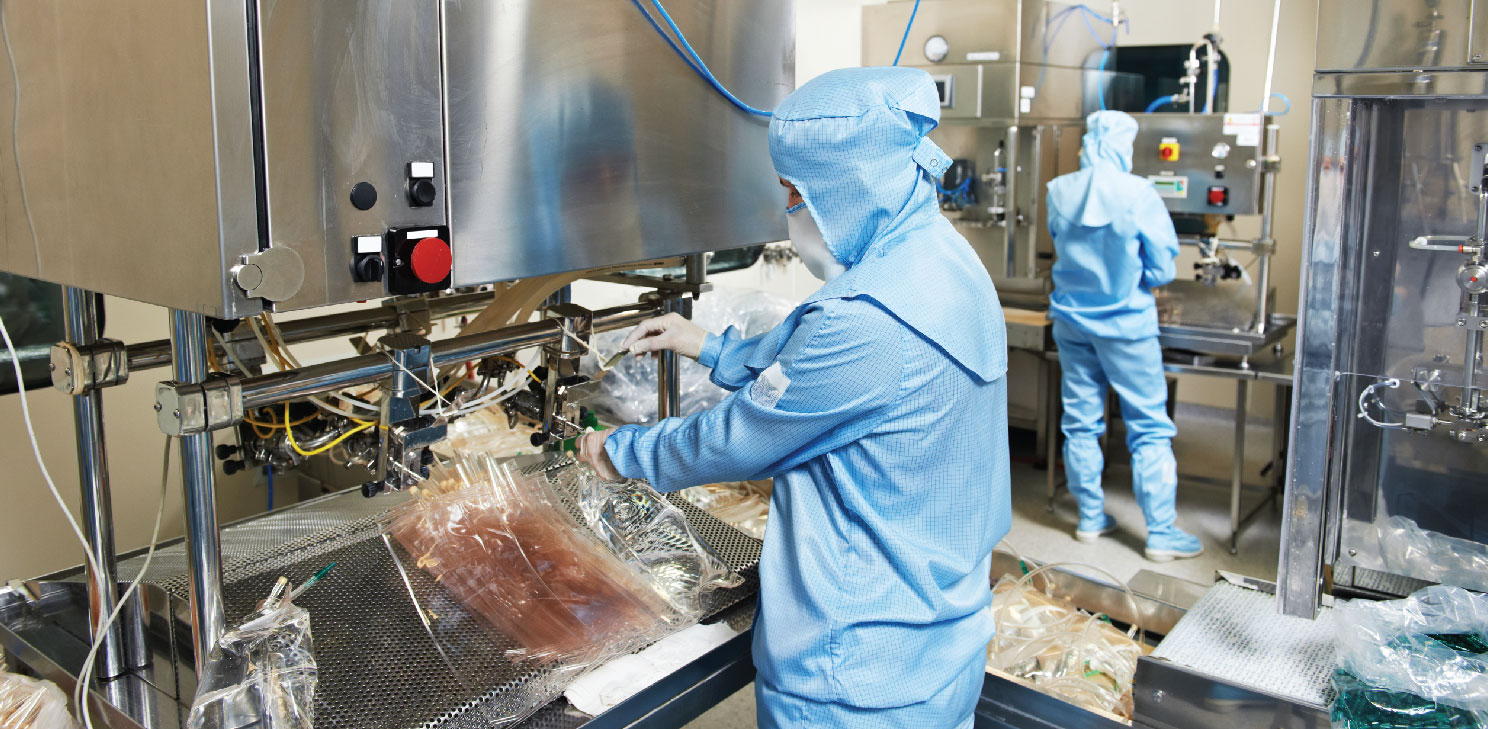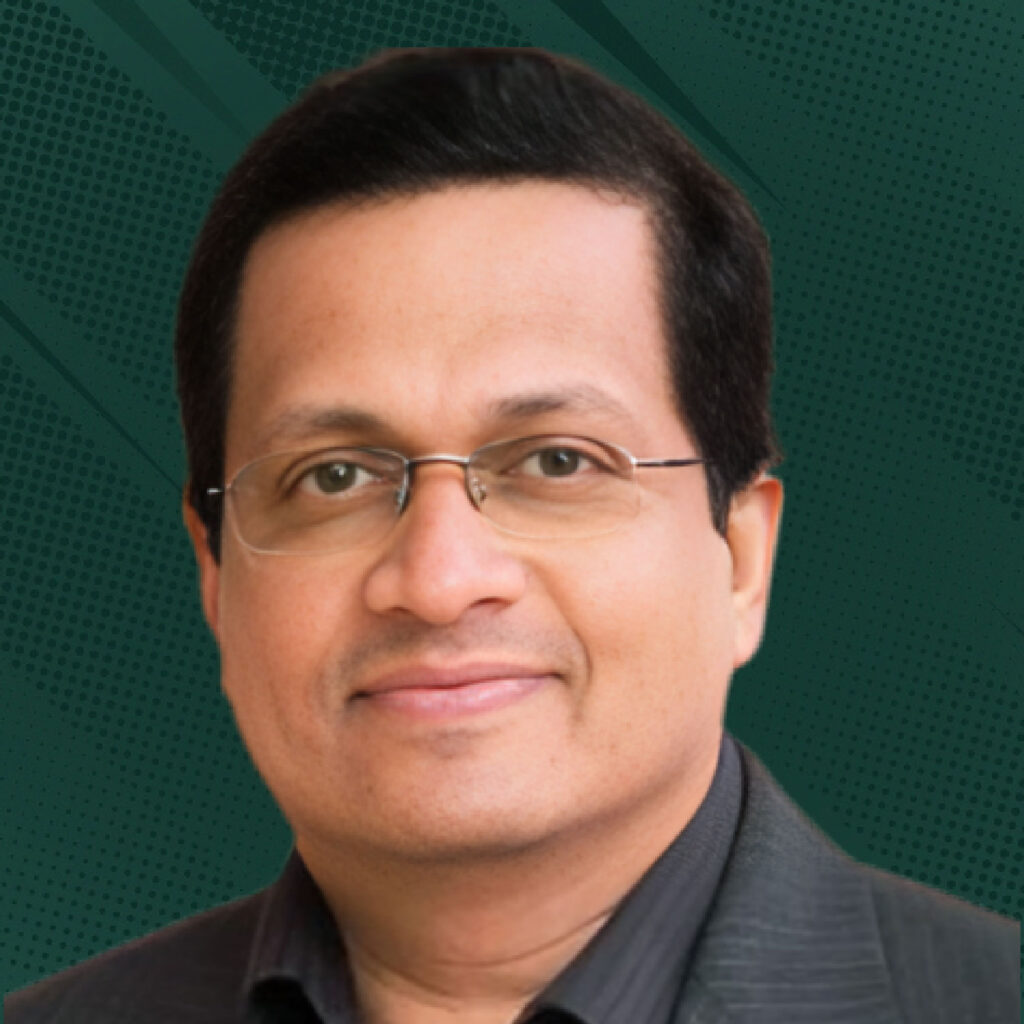The trade agreement signed by the U.S. President and the President of the European Commission earlier this week imposes a 15% tariff on virtually all goods made in Europe and shipped to America, except several groups of products that include semiconductor production equipment, which will be subject to zero-for-zero tariffs. As a result, tools made by companies like ASML will not get more expensive in the U.S.
“We have also agreed on zero-for-zero tariffs on a number of strategic products,” a statement by the European Commission reads. “This includes all aircraft and component parts, certain chemicals, certain generics, semiconductor equipment, certain agricultural products, natural resources and critical raw materials. And we will keep working to add more products to this list.”
If the U.S. imposed a 15% tariff on equipment produced by ASML, which includes DUV and EUV lithography tools, metrology tools, and inspection tools, this would have a serious impact on chipmakers in the U.S., specifically on Intel, GlobalFoundries, Samsung, Texas Instruments, and TSMC.
For example, one of ASML’s advanced immersion DUV (ArF) tool used for sub-10nm process technologies costs $89.615 million per unit on average (based on the company’s Q2 2025 results), whereas a Low-NA EUV machine is priced around $265 million depending on configuration (based on the company’s Q1 2025 results*). An additional 15% tariff would increase the costs of these systems to $103 million and $305 million, respectively. In fact, as the U.S. dollar has fallen quite significantly against the euro since early February, this has already made EU-made fab tools more expensive for American semiconductor producers, so an additional 15% tariff would be quite impactful.
If the U.S. had imposed a 15% tariff on ASML’s lithography, metrology, and inspection equipment, it would have significantly raised costs for domestic chipmakers — adding roughly $13 million to each DUV tool and up to $40 million per EUV machine — meaning hundreds of millions of additional costs per advanced fab, such as those built by Intel, Samsung, and TSMC. While GlobalFoundries and Texas Instruments do not buy EUV systems, they would still have to invest significantly more money in new fabs than they expected originally.
This would have made U.S.-based semiconductor production less competitive globally, potentially discouraging investment in American fabs, and either eating margins of companies that produce chips in the U.S., or shifting advanced manufacturing back to Asia. The tariff exemption included in the trade agreement preserves the cost-effectiveness of U.S. fab expansion.
To find out more about the latest industry updates and innovations in semiconductor plant construction, meet with solution providers and hear talks from expert speakers, attend the 2nd Constructing Semiconductor FAB Summit Europe: Advances In Planning, Design And Engineering, taking place on October 21-22, 2025, in Munich, Germany.
For more information, click here or email us at info@innovatrix.eu for the event agenda. Visit our LinkedIn to stay up to date on our latest speaker announcements and event news.
Source:










